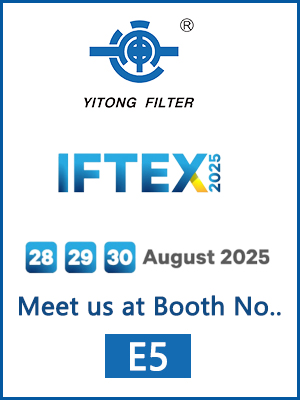 December 20, 2023
December 20, 2023
In the rapidly advancing landscape of biotechnology, maintaining a pristine environment is paramount to successful research, development, and production. Among the key elements ensuring the integrity of this environment, High-Efficiency Particulate Air (HEPA) filters stand as unsung heroes, playing a pivotal role in preserving air purity critical for biotechnological processes.
HEPA filters, characterized by their exceptional ability to trap particles as small as 0.3 microns with 99.97% efficiency, find extensive application within the biotech industry. Their fundamental role lies in creating and sustaining sterile environments necessary for sensitive experiments, production of pharmaceuticals, and various bioprocessing procedures.
One of the primary applications of HEPA filters in biotechnology is within cleanrooms. These controlled environments demand an exceedingly low level of airborne particles to prevent contamination of sensitive biological processes. HEPA filtration systems serve as the frontline defense, removing dust, microbes, spores, and other particulates that could compromise experiments or production batches.
In pharmaceutical manufacturing, HEPA filters are integral to maintaining the sterility of the production area. From drug synthesis to packaging, every step requires a controlled environment free from contaminants. HEPA-filtered air provides the necessary assurance for the quality and safety of pharmaceutical products.
Bioprocessing facilities, dealing with cell cultures, fermentation, and genetic manipulation, rely heavily on HEPA-filtered air. Any foreign particle can disrupt these delicate processes, affecting the viability and purity of the end products. HEPA filtration ensures a stable and uncontaminated environment for these crucial operations.
Moreover, in research laboratories focused on genetic engineering, tissue culture, or studying infectious diseases, the reliability of HEPA filters is indispensable. They safeguard experiments involving genetically modified organisms or infectious agents, shielding researchers from potential hazards while preventing cross-contamination between experiments.
The evolution of biotechnology constantly challenges the limits of scientific precision. Consequently, HEPA filters continue to evolve, with advancements in nanotechnology driving the development of even more efficient filtration systems like Ultra-Low Penetration Air (ULPA) filters. These innovations further enhance the protection of sensitive biological processes by capturing particles as small as 0.12 microns.
In conclusion, the application of HEPA filters within the realm of biotechnology serves as a cornerstone for maintaining clean, sterile, and controlled environments. Their significance cannot be overstated, as they safeguard the integrity of research, development, and production processes critical to advancing discoveries and innovations in the field. As biotechnology progresses, the role of HEPA filters remains pivotal, ensuring precision, safety, and the continued success of biotechnological endeavors.

